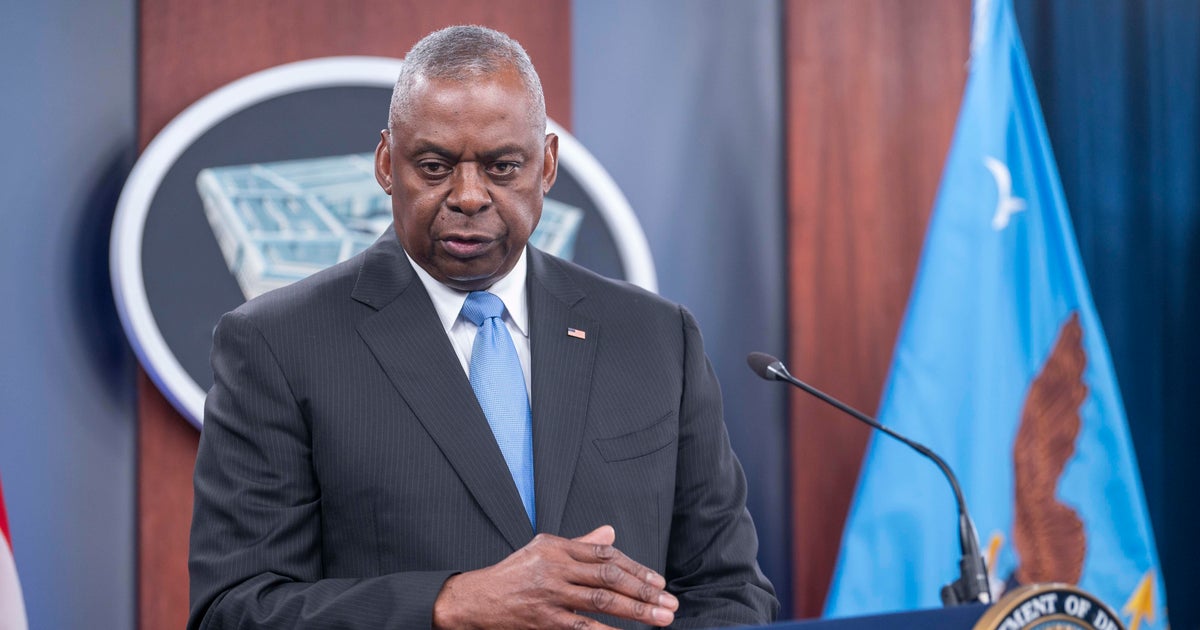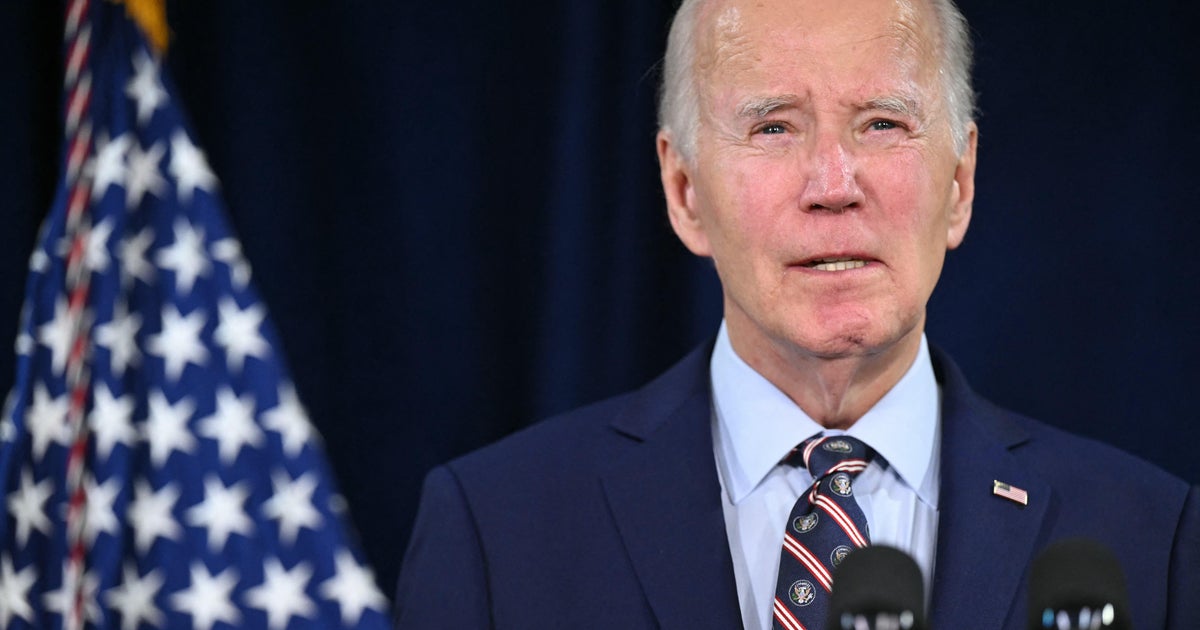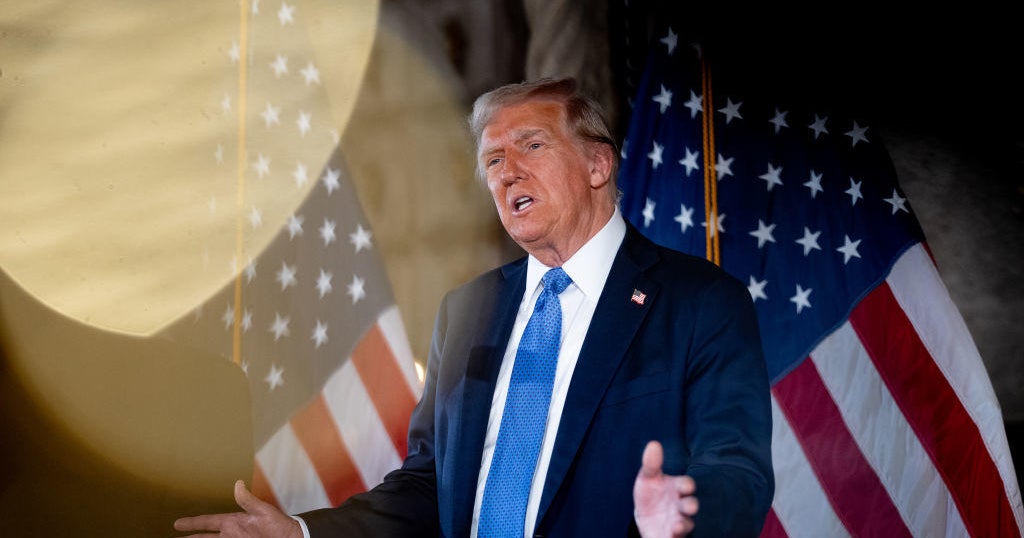Father of slain U.S. soldier unhappy with Pentagon decision to punish just 1 senior officer over Niger ambush
The Pentagon -- Twenty months after an ambush in Niger left four American soldiers dead, acting Defense Secretary Patrick Shanahan has signed off on a third and final review of the case which recommends that no additional senior officers be reprimanded. Earlier investigations of the October 2017 ambush had resulted in disciplinary actions ranging from letters of reprimand, to removal from command for nine servicemen.
The highest ranking officer punished was Maj. Gen. Marcus Hicks, the commander of Special Operations in Africa. No other senior officer will be punished, although former Secretary of Defense Mattis had ordered the review because he felt too much blame was being put on lower ranking soldiers.
Arnold Wright, father of Staff Sgt. Dustin Wright who was killed in the ambush, was briefed on the latest review on Wednesday. He complained bitterly that no other senior officers are being held accountable.
Wright called the review, "more of the CYA (cover your ass) stuff that I'd already heard... That's not what we needed at this point."
"Yesterday was 20 months," the father told CBS News. "I wouldn't do this to my worst enemy."
Wright said his son would be awarded the Silver Star posthumously for his valor during the ambush, but he was disappointed that Staff Sgt. Wright would not receive either the Medal of Honor nor the Distinguished Service Cross, the two decorations higher than the Silver Star.
Nine members of the 11-man patrol will receive awards for valor, including the three others who were killed; Sgt. LaDavid Johnson will also receive the Silver Star, and Staff Sgts. Bryan Black and Jeremiah Johnson will receive the Bronze Star with V for Valor. Sgt. Jeremiah Johnson was also posthumously promoted to Sgt. 1st Class.
The surviving members of the team have not been publicly identified, but among them they will receive two more Silver Stars and one more Bronze Star with V for Valor. The remaining two will receive the Army Commendation Medal.
The Pentagon has given the families and reporters redacted copies of the 175 page investigation, which reveals a series of oversights, miscommunications and mistakes which resulted in the patrol, a combined U.S.-Nigerian unit led by Green Berets, being surprised by an enemy force of more than 100 well trained fighters.
The mistakes dated back to before the Special Forces team even left the United States for Niger in September of 2017. The team never trained as a complete unit, conducted a hasty turnover with the Special Forces team it was relieving, and never rehearsed the mission which ended with the fatal ambush.
They set out on a mission to capture or kill the leader of a local ISIS group, but no one above the rank of major was informed that the team was setting out on anything other than a routine reconnaissance mission. After the team failed to find the ISIS leader they headed back to base, but were suddenly turned around when new intelligence came in on his whereabouts.
The captain in charge of the patrol warned that they were not prepared to continue with the mission but he was ordered to proceed anyway, even though the team had been on the move for nearly 24 hours without rest, had no back up force and no plan for evacuating casualties. The second attempt to find the leader failed, and after a fruitless night of searching the team was on their way back to base when they were ambushed in broad daylight.
Four soldiers were killed early in the fighting and the survivors had regrouped into what they called "the Alamo" position. They were badly outnumbered and outgunned and would have been overrun had not French jets arrived on the scene and chased the enemy away by making low-flying passes over the battlefield about two hours after the ambush was first reported.
The investigation credits the French jets with saving the lives of the remaining soldiers.




